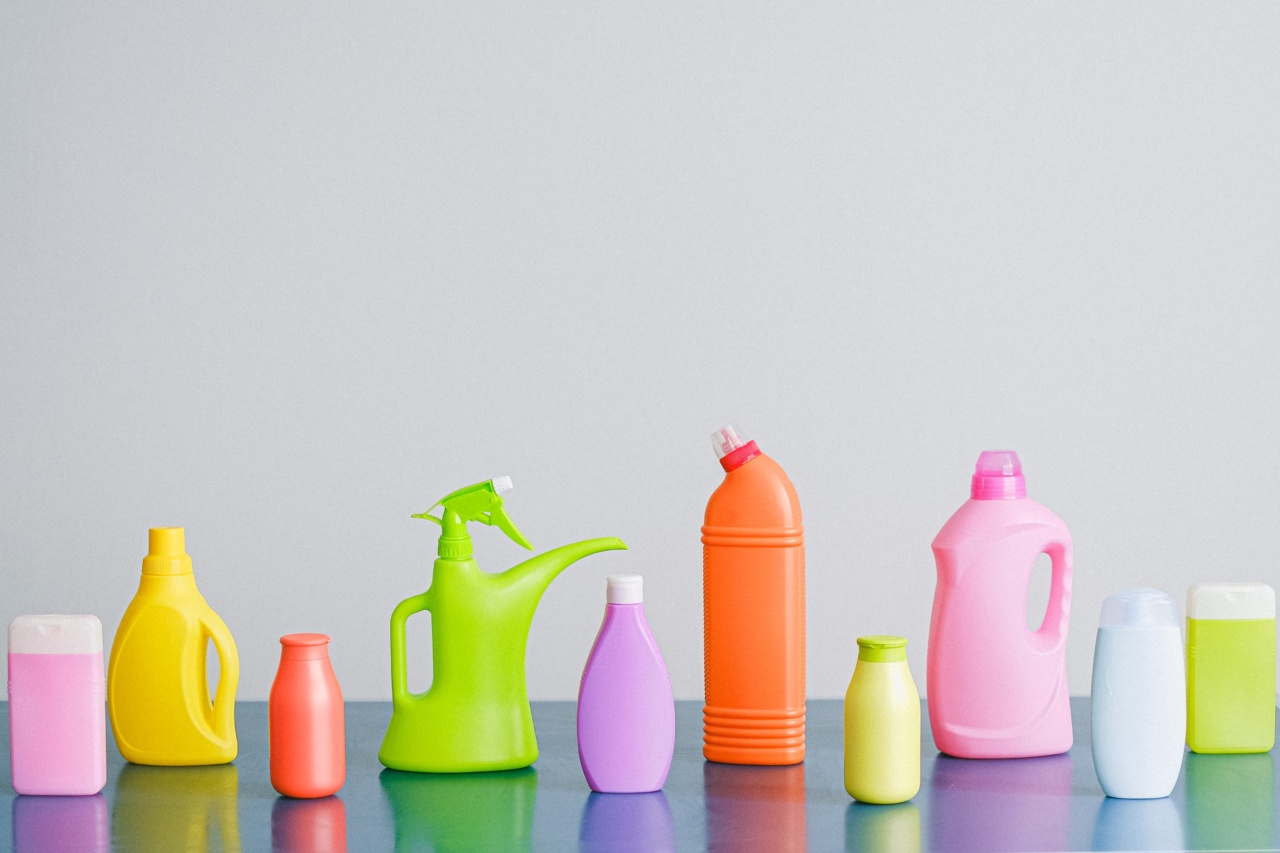In recent years, concerns have been raised about the potential health risks associated with the use of antimicrobial soaps.
These products, often marketed as being more effective at killing germs and preventing the spread of illnesses, contain a chemical called triclosan. Triclosan is a widely used antimicrobial agent that has been added to a variety of consumer products, including soaps, toothpaste, and even children’s toys.
While the use of triclosan in consumer products may seem beneficial, various studies have shown that this chemical may have significant adverse effects on our health.
In particular, there is increasing evidence linking triclosan to an increased risk of cancer and liver cirrhosis.
The Role of Triclosan
Triclosan is an antibacterial and antifungal agent that has been in use for several decades. It was first introduced in surgical scrubs and hospital cleaning products due to its ability to kill or inhibit the growth of microorganisms.
However, its use has expanded far beyond the healthcare industry and has become a common ingredient in many household products.
One of the main concerns with triclosan is its ability to disrupt hormonal function. Studies have shown that this chemical interferes with the endocrine system by mimicking the hormone estrogen.
This estrogenic activity can lead to various health problems, including an increased risk of certain types of cancer.
Triclosan and Cancer Risk
A growing body of research suggests a potential link between triclosan exposure and an increased risk of cancer. Several studies conducted on animals have found that triclosan can promote the growth of tumors in the liver, colon, and mammary glands.
Additionally, research on human cells has revealed that triclosan enhances the progression of breast cancer cells, potentially contributing to the development of more aggressive forms of the disease.
One study published in the journal Environmental Health Perspectives found that individuals with higher levels of triclosan in their urine had a significantly increased risk of developing liver cancer.
The researchers analyzed data from over 1,800 participants and discovered that those with the highest levels of triclosan had a near three-fold increased risk of liver cancer compared to those with the lowest levels.
Furthermore, a study conducted by the University of California, San Diego, found that triclosan exposure may contribute to the development of antibiotic resistance in bacteria, which could further complicate cancer treatment.
Antibiotic resistance is a growing problem in healthcare, as it limits the effectiveness of current treatment options and poses a significant threat to cancer patients who may require long-term antibiotic use during their treatment.
Triclosan and Liver Cirrhosis
Alongside its potential carcinogenic effects, triclosan has also been implicated in the development of liver cirrhosis. Studies have shown that triclosan can disrupt liver function, leading to inflammation and liver damage over time.
A 2014 study published in the Journal of Applied Toxicology investigated the effects of triclosan on the liver in mice. The researchers observed that chronic exposure to triclosan led to liver fibrosis, a key characteristic of cirrhosis.
This finding suggests that long-term exposure to triclosan, even at low levels, may have detrimental effects on liver health.
Regulatory Measures and Alternatives
In response to the mounting evidence of the potential health risks associated with triclosan, some countries have taken regulatory action.
The United States Food and Drug Administration (FDA) banned triclosan in hand soaps and body washes in 2017 due to concerns over its safety and effectiveness. However, triclosan can still be found in other products, such as toothpaste and deodorants.
As consumers, it is essential to read product labels carefully and choose alternatives that do not contain triclosan. Many companies have started to remove triclosan from their products voluntarily, opting for safer alternatives.
Natural antibacterial ingredients, such as tea tree oil and grapefruit seed extract, can provide similar benefits without the potential health risks.
Conclusion
The evidence linking the use of antimicrobial soaps containing triclosan to increased cancer and liver cirrhosis risks cannot be ignored.
While the ban of triclosan in certain consumer products is a step in the right direction, further action is needed to protect public health. Individuals should be aware of the potential dangers associated with triclosan and opt for safer alternatives that offer effective germ-killing capabilities without the potential risks.






























